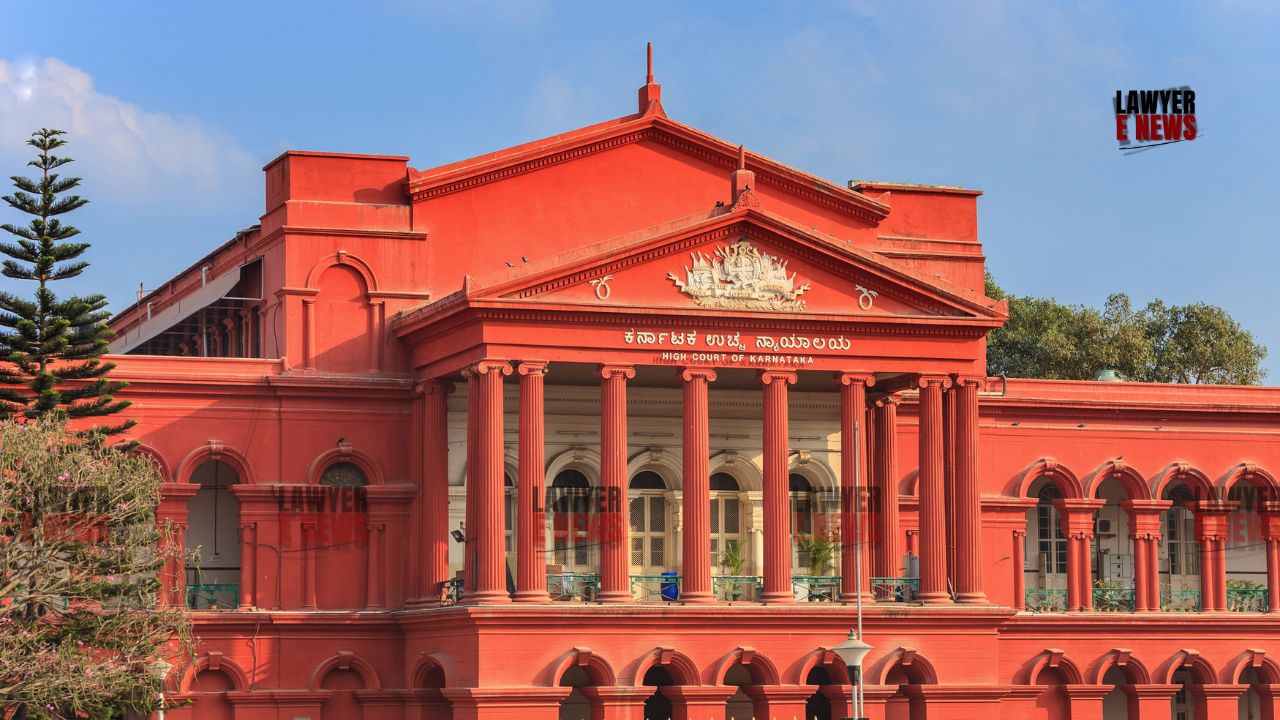-
by Admin
15 February 2026 2:36 AM



Karnataka High Court acquitted Apsarpasha (Accused No.3) and Mohammed Fahad (Accused No.2) of all charges in the high-profile terror conspiracy case, while reducing the sentence of Syed Abdul Rehman (Accused No.1). Although the court upheld Abdul Rehman’s conviction for illegal possession of firearms and explosives, it dismissed the charges of conspiracy to wage war against India under the Unlawful Activities (Prevention) Act (UAPA) and Indian Penal Code (IPC).
The case began in May 2012 when Syed Abdul Rehman was arrested in Bengaluru after police received intelligence suggesting that he was in possession of a firearm supplied by Lashkar-e-Taiba (LeT) operatives from Pakistan. Rehman was found carrying a 0.32 caliber revolver and was linked to explosive materials hidden at Jnana Bharati campus. Investigations led to the arrest of Mohammed Fahad, a Pakistani national, and Apsarpasha, with accusations that the trio conspired in prison to carry out terror attacks in India.
The trial court convicted all three individuals under various provisions of the UAPA, IPC, and Explosive Substances Act, sentencing them to lengthy imprisonment. The accused appealed the convictions to the High Court.
Terror Conspiracy Charges: The prosecution’s case centered on meetings in jail between the accused and their telephonic conversations. However, the court concluded that these meetings and phone calls alone were not enough to prove a conspiracy to commit terrorism. The court stressed that “mere suspicion cannot replace proof,” acquitting all three from the charges under Sections 120B and 122 IPC and Sections 13, 17, and 18 of UAPA.
Illegal Possession of Firearms and Explosives: The court upheld Syed Abdul Rehman’s conviction for possessing a firearm and explosives without legal authorization. His conviction under the Arms Act and Explosive Substances Act was maintained, though the court reduced his sentence from seven years to three years in light of the applicable legal provisions at the time of the offense.
The High Court acquitted Apsarpasha and Mohammed Fahad of all charges, ordering their immediate release. Syed Abdul Rehman will serve a reduced sentence for arms and explosives possession but was acquitted of all terrorism-related charges. The decision underscores the need for solid evidence when prosecuting conspiracy charges under anti-terror laws.
Date of Decision: 25th September 2024
Syed Abdul Rehman vs. State
